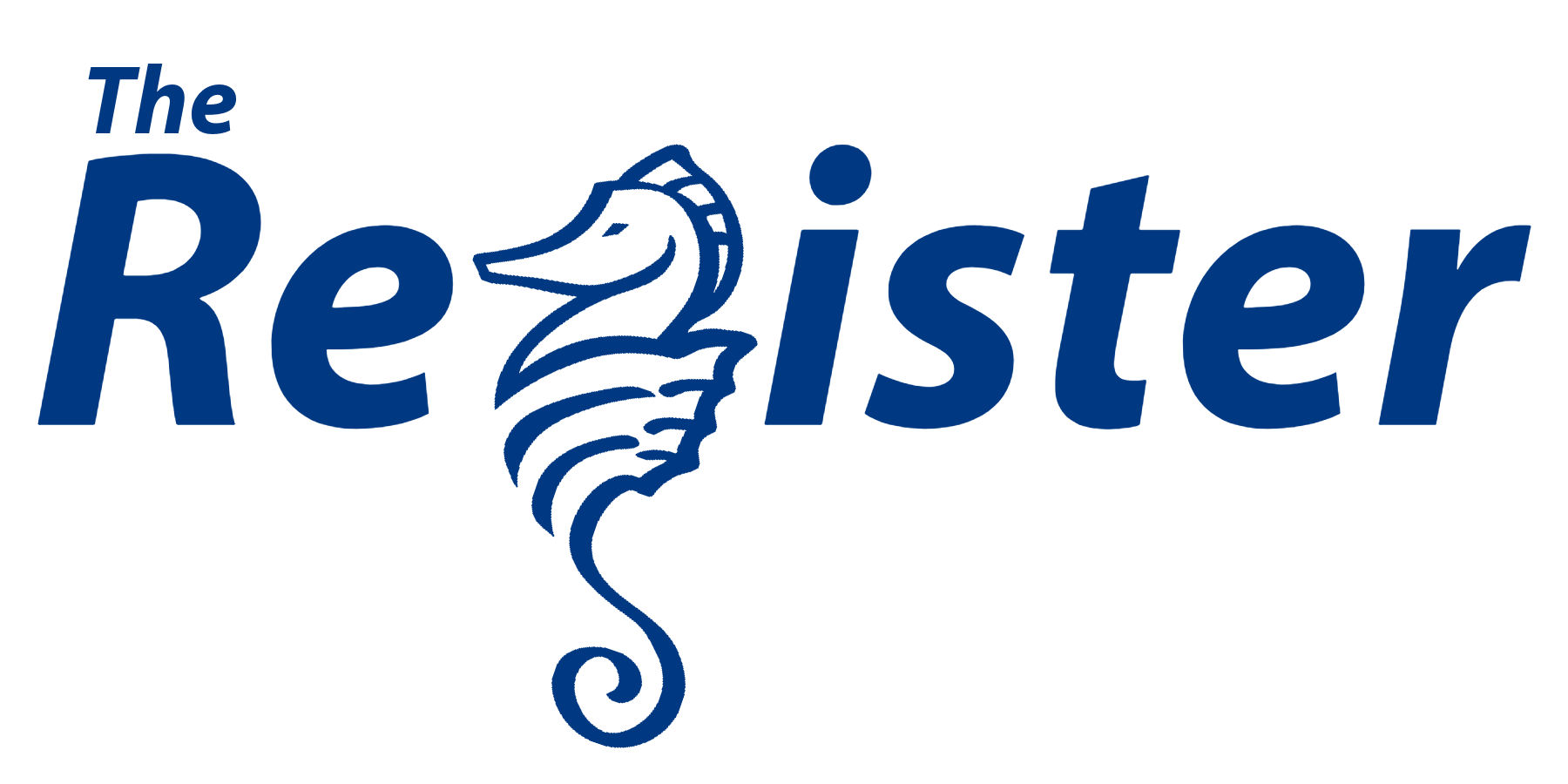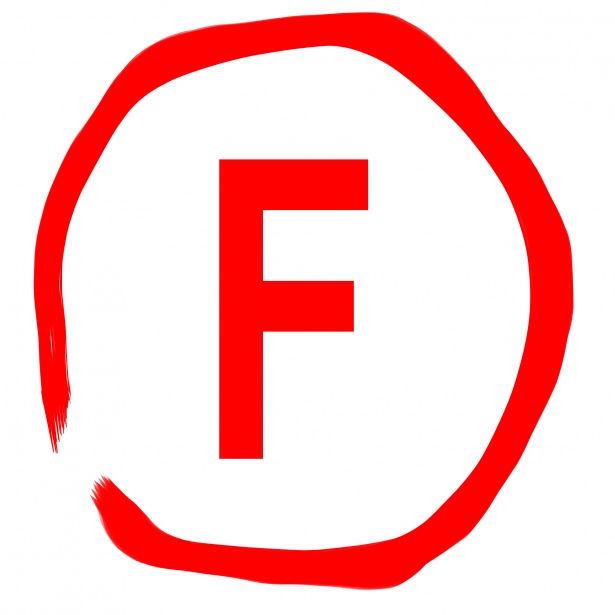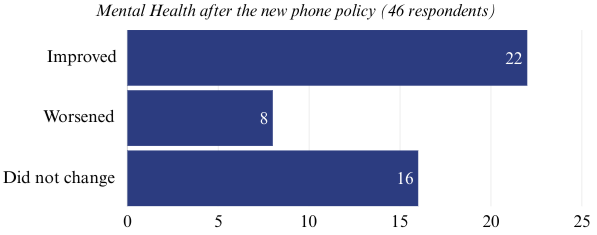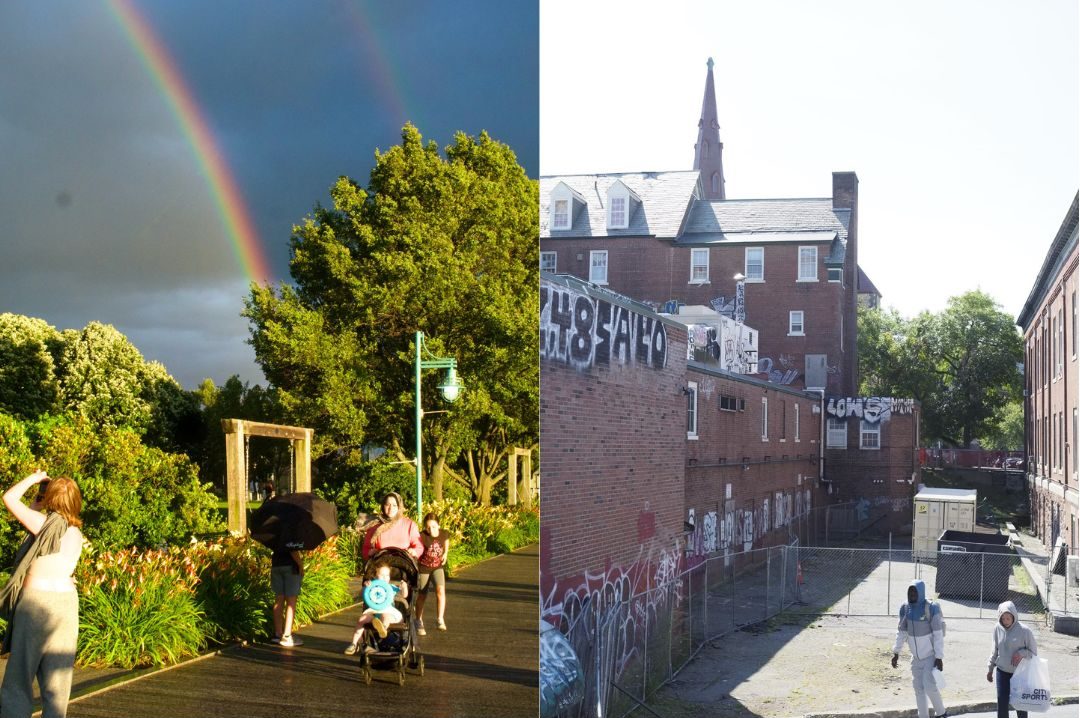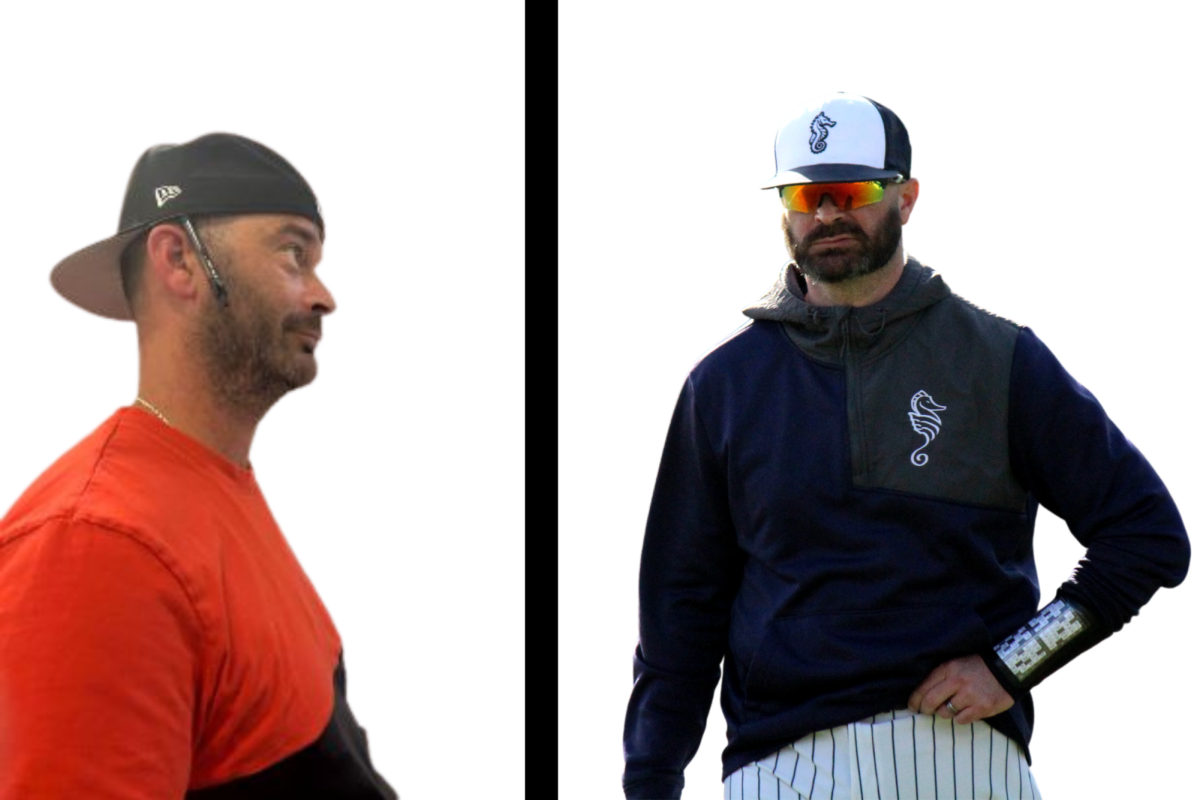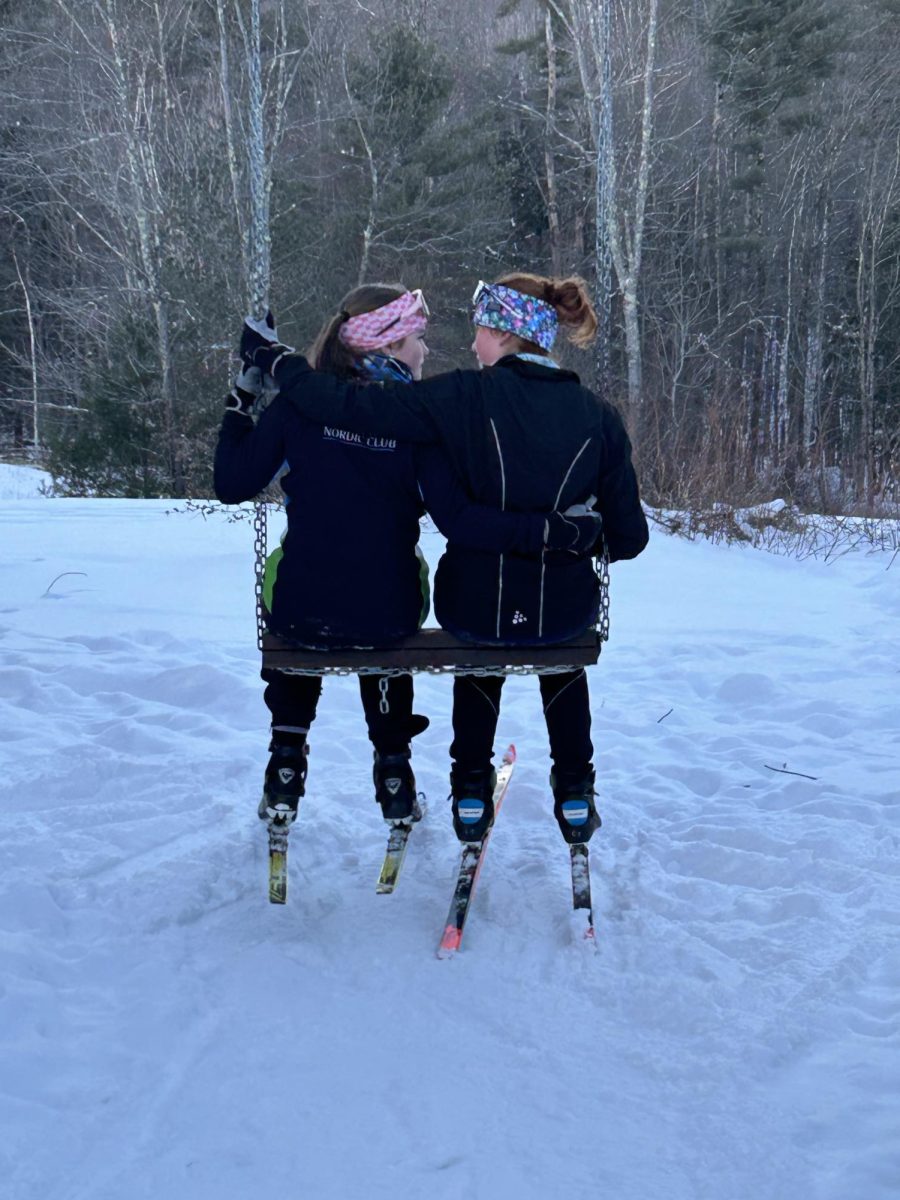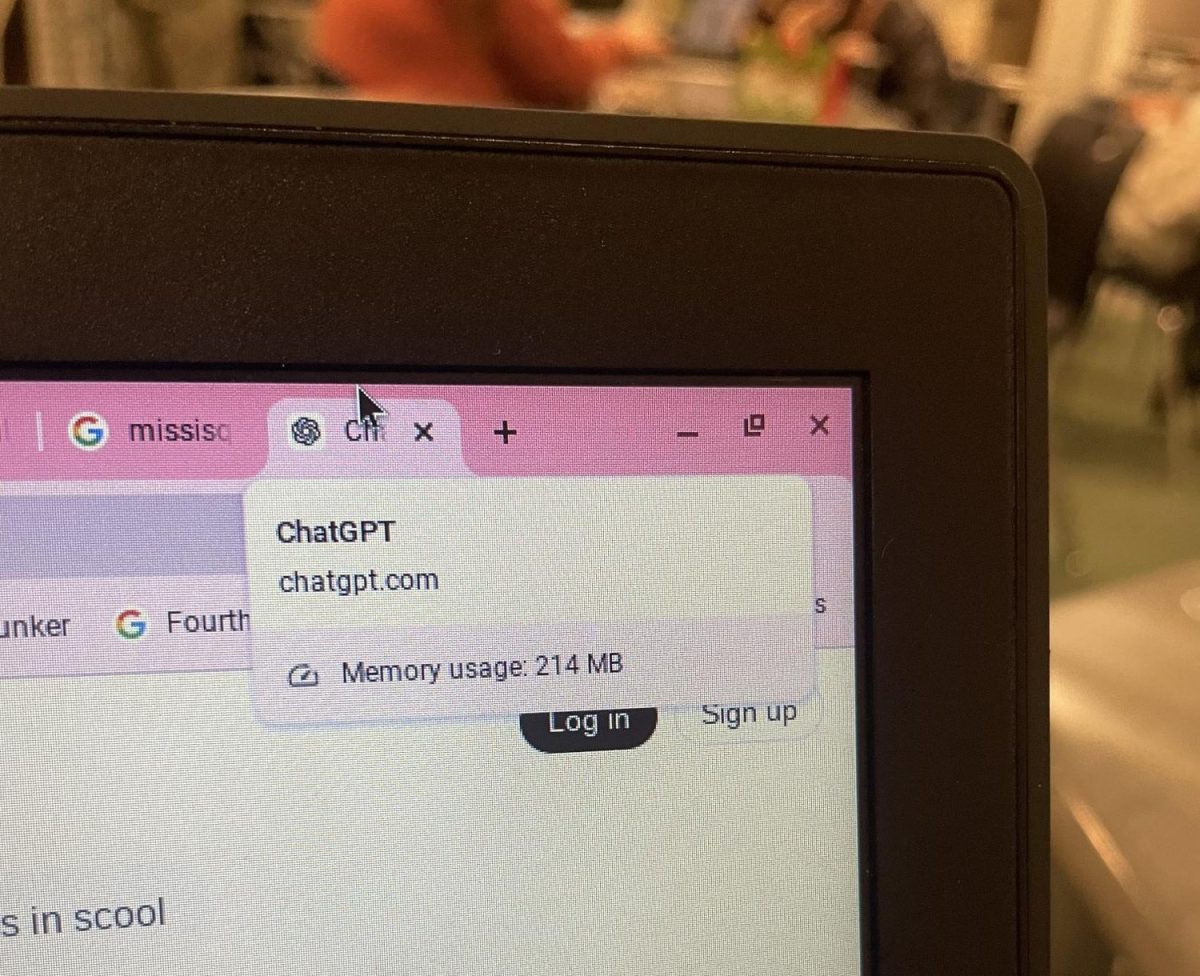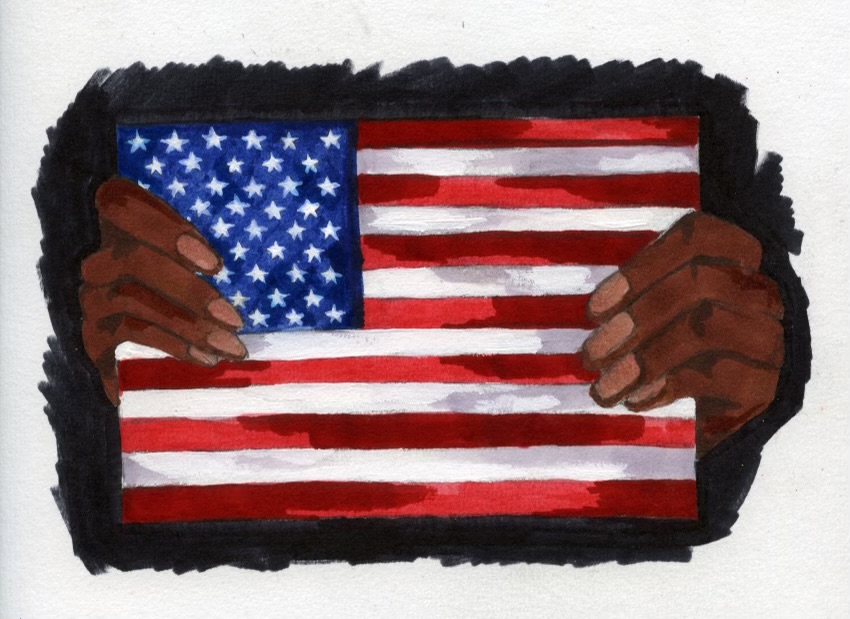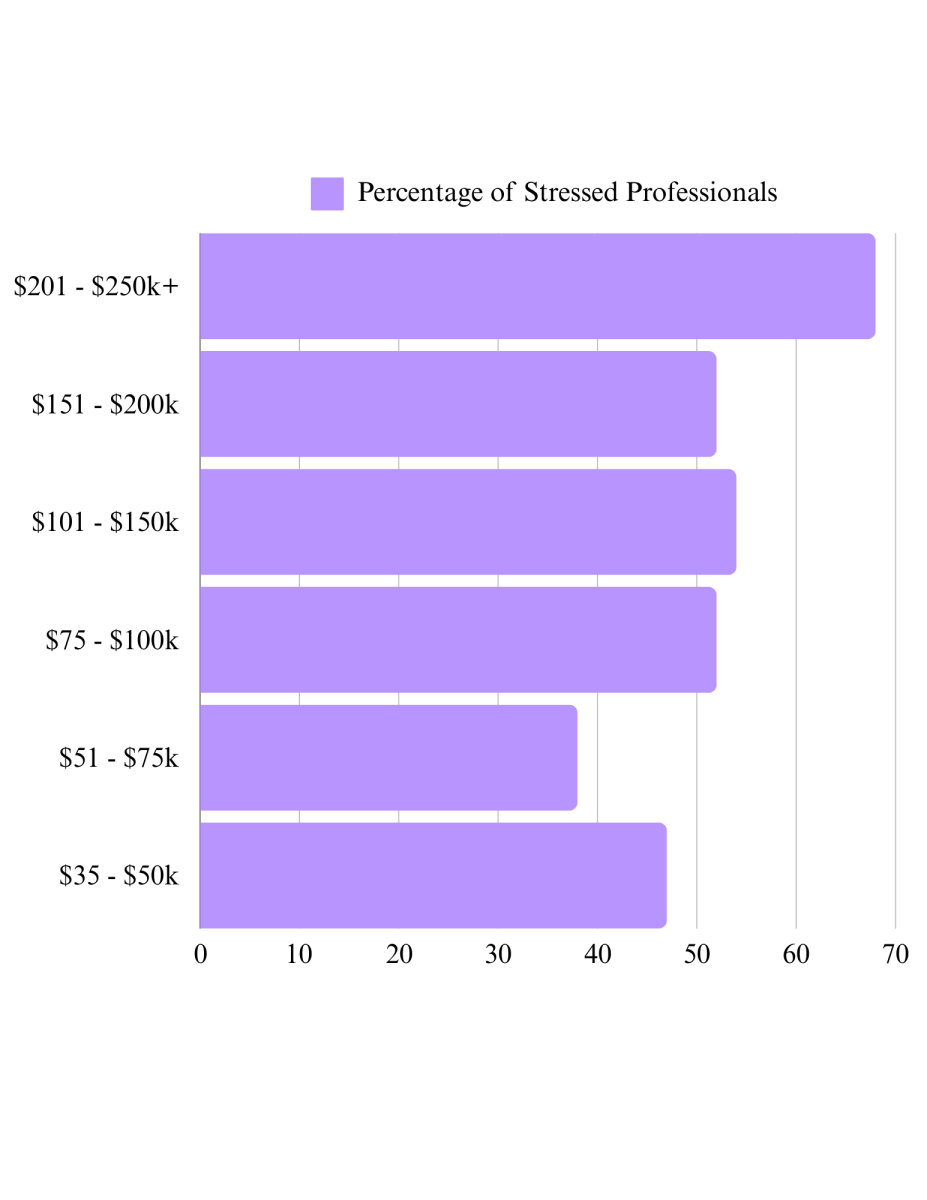By Sam Beste
Last month, news and media outlets buzzed with a scandal in college admissions. At least 50 parents who are among the most wealthy and famous in America allegedly paid millions to get their kids admitted into top schools across the country. This scandal exposes corruption in the world of college admissions and raises the question: how involved should parents be in their child’s education?
Last month, news and media outlets buzzed with a scandal in college admissions. At least 50 parents who are among the most wealthy and famous in America allegedly paid millions to get their kids admitted into top schools across the country. This scandal exposes corruption in the world of college admissions and raises the question: how involved should parents be in their child’s education?
The parenting seen in the college admissions scandal isn’t just illegal bribing; it’s snowplow parenting. Snowplow Parenting is when a parent removes all the obstacles from their child’s path instead of letting the child deal with them on their own. How can a child learn from their mistakes when their parents remove all their opportunities for failure? While it is normal and a good thing for parents to be involved in their student’s education, it is also important for kids to fail.
In this world of safety nets – from participation trophies, to reframing failures so they appear as wins, to avoiding doing something out of fear of failure – young people are not failing enough. In fact, they have no idea how to fail.
Show of hands: how many of us have let our parents fight our battles for us? Let them save us from taking responsibility? I know parents who call, text, email or track down their childrens’ teachers to save the day for their child. Some parents, rather than speaking with their children and sussing out the problem, will rescue their student rather than let them learn from failure. Many parents are so preoccupied about what the next step is for their child that they are the ones taking responsibility for the child’s actions and doing the dirty work while their child is just along for the ride. Consequently, too many of us do not know how to fail. We do not know how to cope with the (good) shame that comes with failing and the (good) triumph that comes with taking responsibility for our actions.
A child’s natural tendency is to experiment and fail, to climb on top of the monkey bars instead of swinging under them. And as a consequence, sometimes children fall and get hurt. That risk teaches the child about their limits. This misuse of the playground, this curiosity and risk taking, develops a child’s character. Parents who follow their children around the playground and prevent them from exploring, diminish their children.
Our parents need to treat school like the playground. Allow us to learn to test the boundaries, make mistakes, fall, get up, adjust our understanding, and grow.
